Sustainable Agriculture Is Better for the Planet, But Presents Some Surprising Challenges
A solid idea in theory, here are the reasons why sustainable agriculture is so challenging in practice.
Published Aug. 7 2024, 11:08 a.m. ET
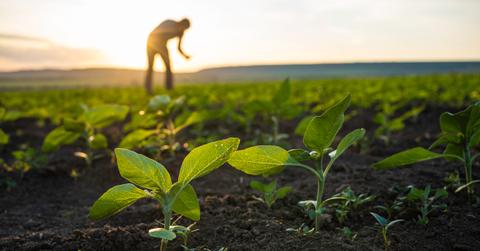
Many farming techniques have cropped up (no pun intended) over the history of human civilization, including revitalized and well-marketed concepts like regenerative agriculture — but do well-intentioned sustainable farming techniques truly exist?
Sustainable agriculture practices recognize and acknowledge the reciprocal nature that farming has on the earth and vice versa, and for agriculture to be considered sustainable, it must sustain communities, natural resources, and the farmers themselves.
With such a heavy burden to bear, so many financial and environmental factors to consider, farming companies trumpeting what they believe to be the solution to what's wrong with today's agriculture, different feel-good practices and labels that may or may not be legitimate, there are seemingly unending challenges to agriculture as we know it — let alone a concept like practicing farming sustainably.
With that in mind, here are some of the challenges to keep in mind as you reflect on your stance.
Nonrenewable resources are just that — a finite resource.
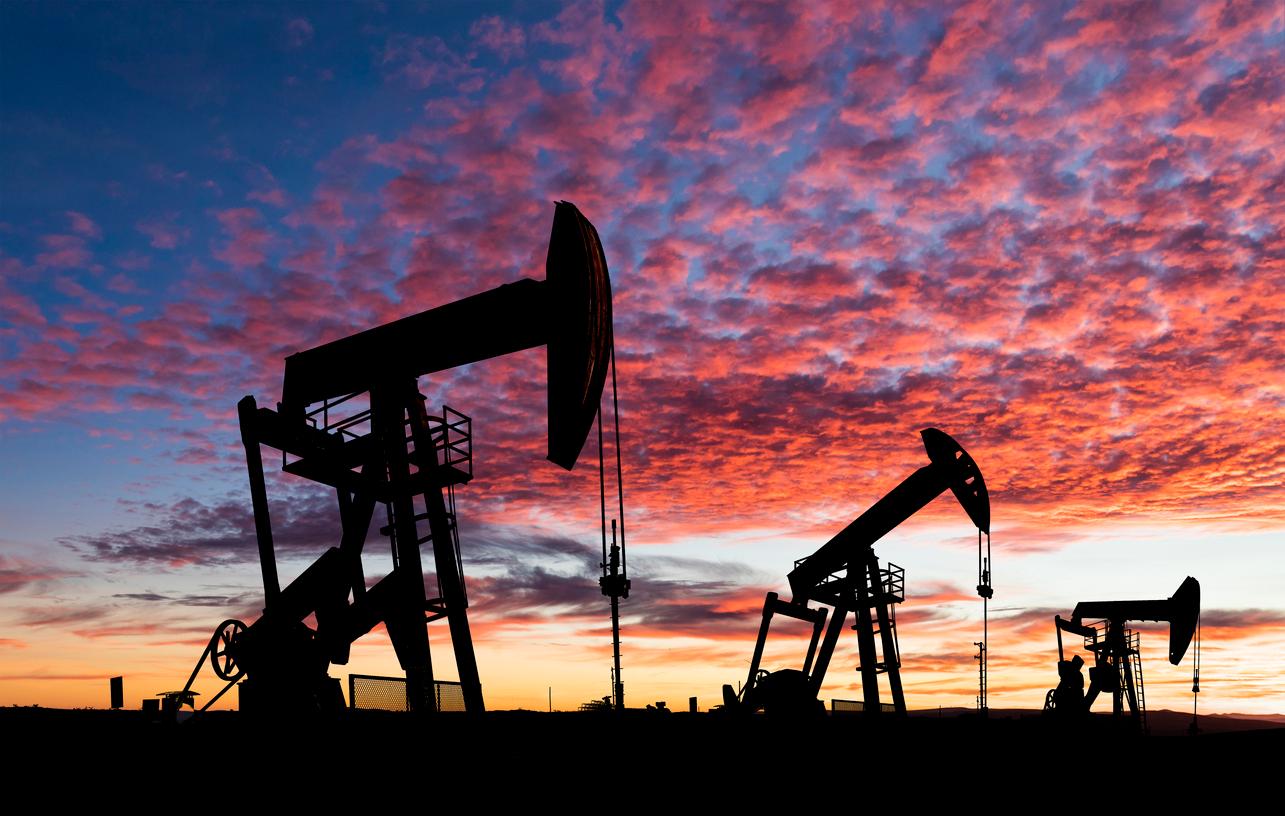
Per the U.S. Department of Agriculture one tenet of sustainable agriculture is "to make the best use of nonrenewable resources." Therefore, tasked with the unenviable and Herculean responsibility of being a steward of nonrenewable resources, the philosophical question arises: who is to say definitively what the best and most efficient use of nonrenewable resources are?
Per National Geographic, nonrenewable resources include coal, natural gas, oil, and nuclear energy. As we learned from the questionable decision to name the UAE's Sultan Al Jaber the head of COP28, there is significant discord between how world leaders, lobbyists, and countless others view the decision to utilize the world's supply of nonrenewable resources.
Animal involvement in industrial agricultural processes must be addressed.
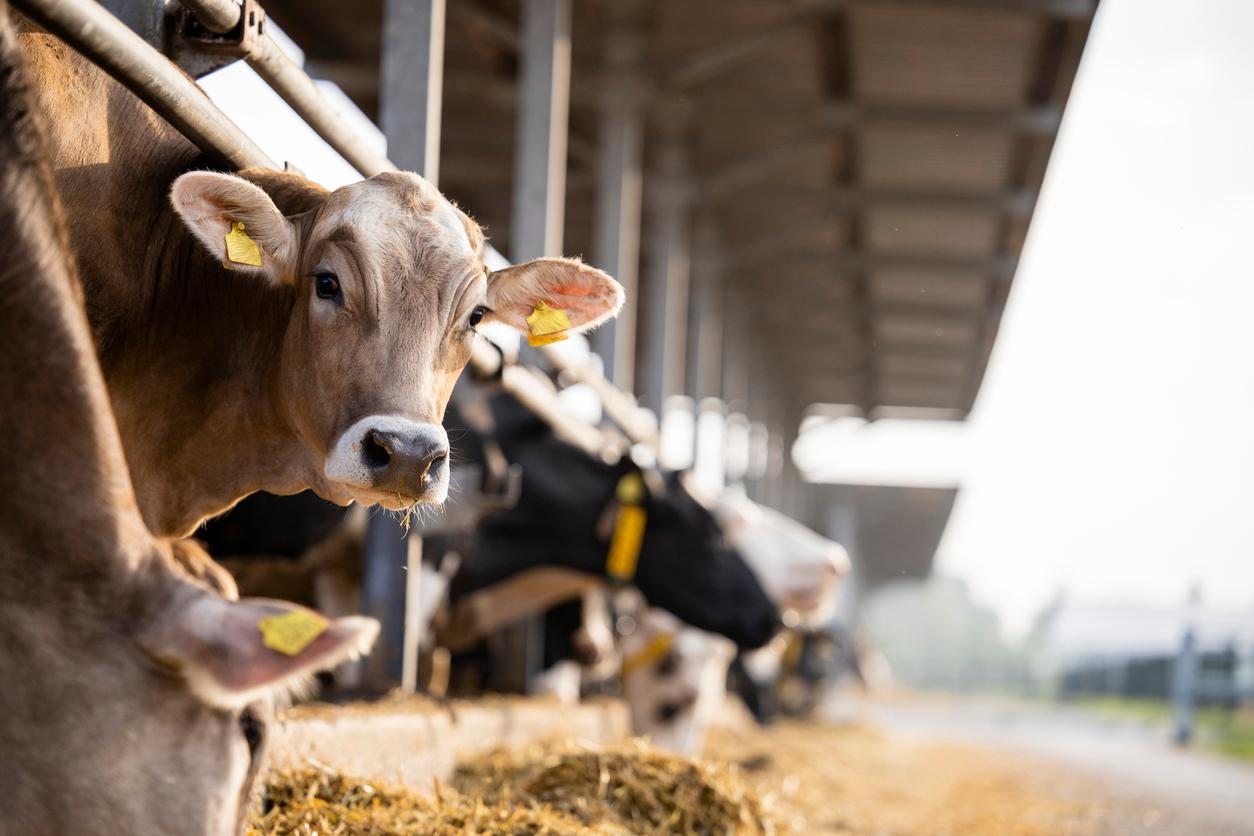
Those who support sustainable agriculture practices recognize that the current method of animal agriculture is horrifically cruel and utterly destructive to the planet — and thereby unsustainable. So any "sustainable" agriculture system that involves animal farming is inherently unsustainable.
According to the University of California Davis's Sustainable Agriculture Research and Education Program, considerations for animal involvement in agriculture include which animal species to be farmed, what to feed them, how to house them, how reproduction ensures "good genetic stock," how to manage animal grazing on land, and ensuring their welfare is protected, which we know is profoundly neglected.
Ending animal agriculture unequivocally is a must for the future of the planet.
Social and political nuances often result in a policymaking stalemate.
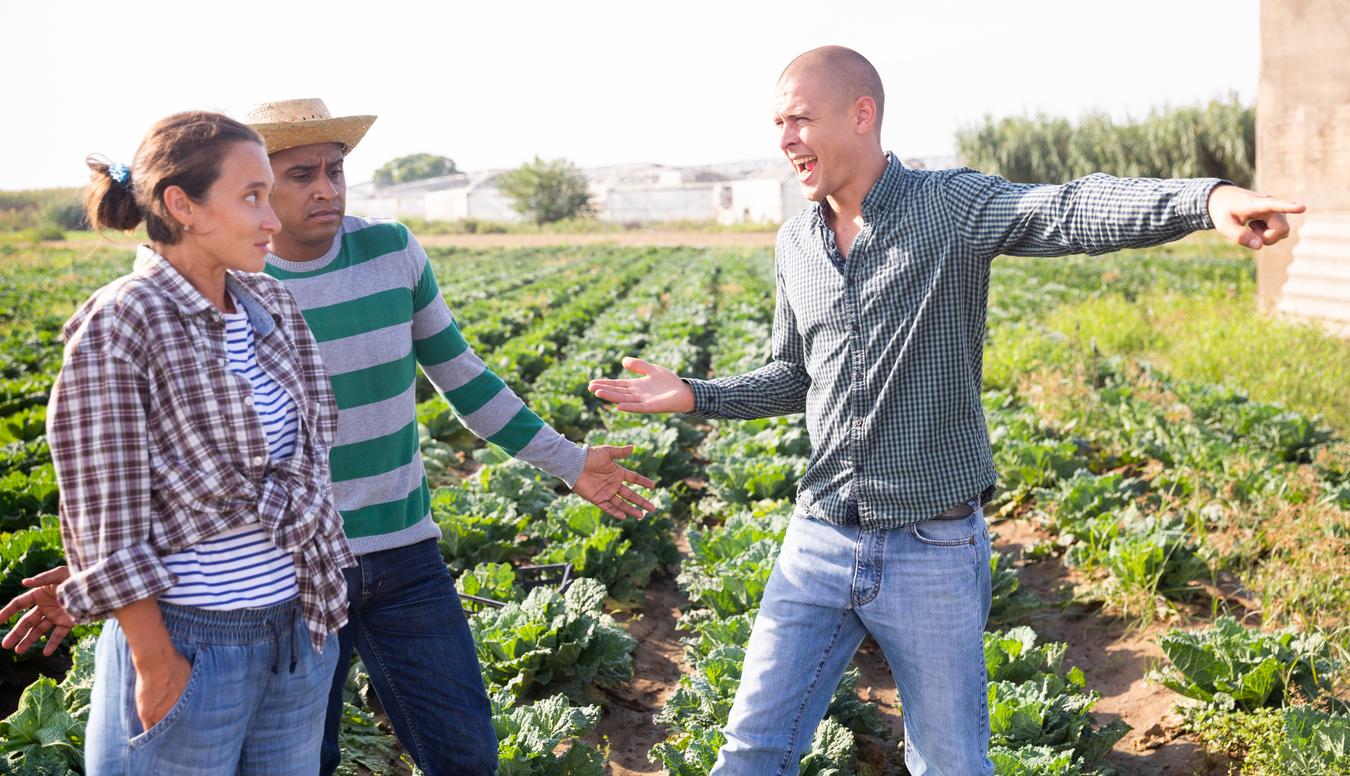
As the Sustainable Agriculture Research and Education Program elucidates, strategies to achieve a more sustainable agriculture system involve "competing goals" between stakeholders, which include farmers, researchers, unions, retailers, consumers, and policymakers.
Navigating drastically different views on the best approach to farming practices is a seemingly impossible task given how many financial interests are at stake.
Sustainable farming involves addressing poverty on a global scale.
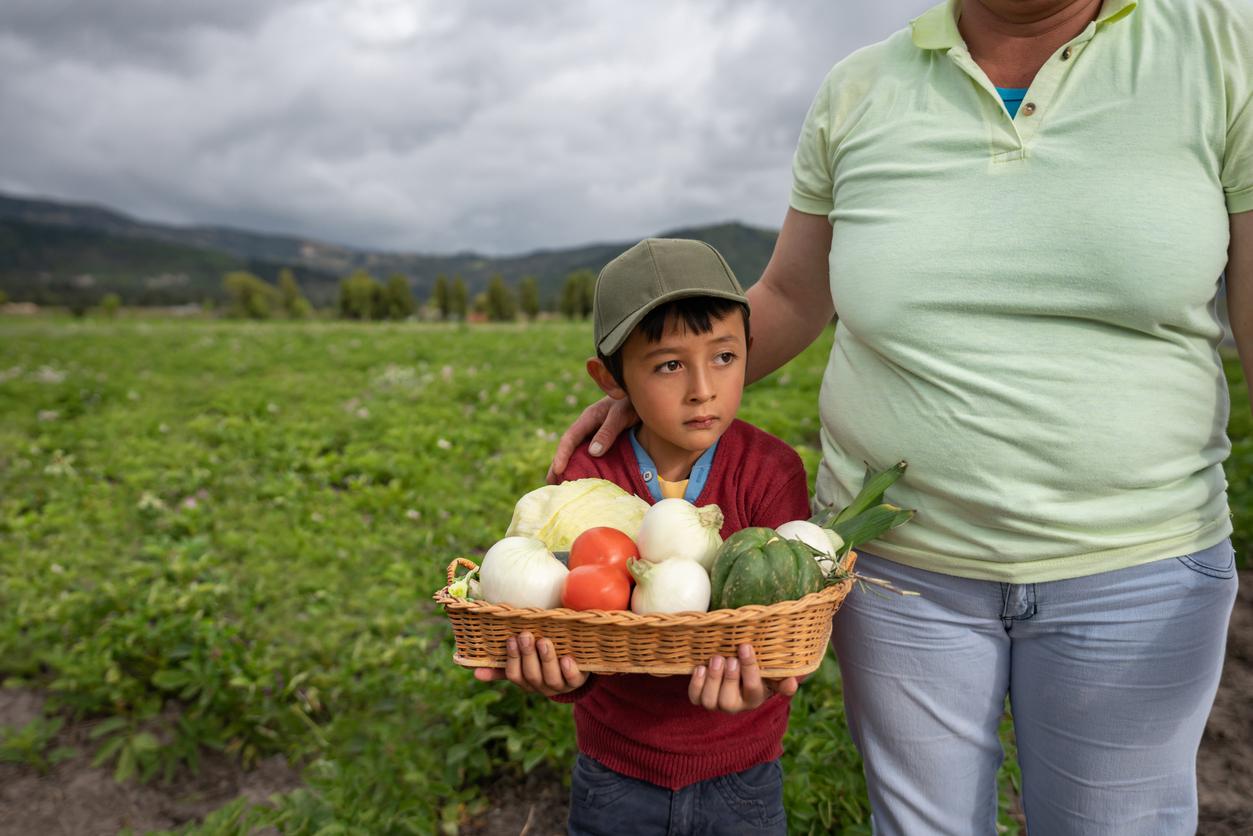
As the World Wildlife Fund explains, farming is how three-fourths of the impoverished global population make a living. Subsidies handed to farmers by powerful global governments actually encourages overproduction, which in a complex and frustrating turn of events, keeps impoverished laborers trapped within such a system.
With an eye towards a more equitable, just, and, ultimately, sustainable agriculture system, global poverty must be deftly handled.